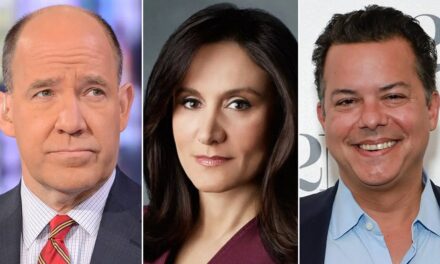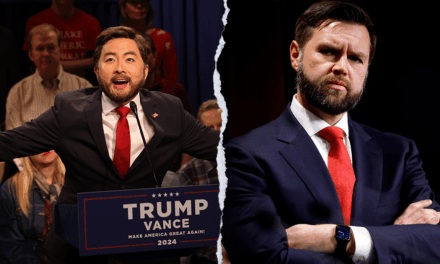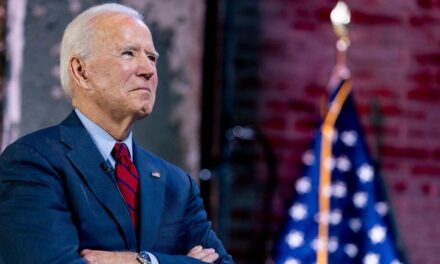In a recent public appeal, a well-known actor whose family members were tragically impacted by the intifada has urged prominent academic and political figure, Professor Mahmood Mamdani, to take concrete steps to ensure the safety of the Jewish community in New York City. This call to action reflects the growing tensions and complex issues surrounding cultural and religious identities, particularly in the wake of ongoing conflicts in the Middle East.
The actor, who has decided to keep his identity under wraps to protect his family’s privacy, spoke passionately about his family’s connection to the intifada and the enormous personal grief that resulted from the violence. His family members were directly involved in the clashes that have marked this tumultuous period in history, and the scars of those experiences, as he noted, have profoundly shaped his perspective on conflict, identity, and safety.
“We can’t overlook the suffering that comes from violence,” he stated in a recent interview. “My heart goes out to those who have been victims on both sides of the conflict. However, right now, I’m particularly concerned about the Jewish community in NYC, who are experiencing rising waves of antisemitism and violence.”
The call to Professor Mamdani is particularly poignant given his influence as a scholar and social commentator. Known for his critiques of colonialism and post-colonial studies, Mamdani occupies a unique position in the discourse surrounding social justice. The actor implored him to lend his voice to denounce antisemitic acts and to foster an environment where all communities feel secure and valued.
“When you have a platform, you have a responsibility,” the actor emphasized. “It’s time to stand up for every community and ensure that no group feels marginalized or threatened. It is not only about advocating for Palestinians but also respecting the fears and challenges faced by Jewish people in America today.”
The atmosphere of fear among Jewish communities has been exacerbated recently by a spate of violent incidents, hate speech, and public displays of antisemitism. Reports have indicated that many Jewish individuals, particularly in urban areas like New York City, no longer feel safe expressing their identity openly. Schools, synagogues, and community centers have increased security measures in response to the increasing incidents of harassment and violence.
Many community leaders and activists have voiced similar concerns about the need for cohesion and understanding between different groups. Amid the backdrop of historical grievances and contemporary political clashes, it often becomes easy for one group to cast another as the enemy. The actor’s call to Mamdani serves as a reminder that empathy can be a potent tool for healing.
In the wake of growing polarization, this actor’s plea encourages introspection on the part of all leaders in political, academic, and community spheres. The need for dialogues that promote understanding, rather than division, is more pressing than ever. While conflicts rooted in history often resurface, especially in urban centers where diversity is palpable, there may also be opportunity for collaboration and collective healing.
One angle of discussion is the portrayal of Jewish and Palestinian narratives in media and education. The actor emphasized that both narratives share complexities and narratives of suffering that deserve recognition and respect. He expressed his hope that Professor Mamdani, who has previously engaged with issues of representation in academia, might be able to facilitate discussions and initiatives that promote mutual understanding.
“I believe the more we engage with one another’s narratives, the less fear we will have of each other,” he shared. “Professor Mamdani’s work has always sought empathy and understanding across divides, and I hope he can engage in a thoughtful discussion that benefits both communities.”
Moreover, the actor’s request encompasses a broader message about the responsibility that leaders hold when they address contentious subjects. It can lead to setting examples for younger generations, teaching them that engaging in respectful discourse is vital for coexistence in a diverse society. By recognizing shared humanity rather than focusing on differences, communities can build cooperative networks that are sustainable in the long term.
For many in the Jewish community, the appeal is not just a cultural issue, but an urgent personal one. The anxiety of potential violence weighs heavily on their daily lives, as exemplified by heightened security in community spaces. The actor’s message resonates not only as a response to this contemporary reality but also as a call for introspection within individual communities.
The complexities of both the Israeli-Palestinian conflict and the current sociopolitical climate in the United States are ever-present, prompting figures like the actor to act. His engagement is a reflection of how deeply intertwined personal histories can influence societal positions. His own experience with loss amid violence serves as a powerful catalyst for understanding, urging those with platforms to elevate constructive dialogue.
Furthermore, the plea to Mamdani highlights the importance of academic discourse in shaping public perception and policy. Mamdani’s insights on post-colonial narratives can inform how communities perceive one another, and potentially lead to more significant institutional changes regarding educational policies that address hate, tolerance, and cultural history.
The ongoing dialogues surrounding these issues can resonate with the broader energies of our time, characterized by social movements and rising global awareness about the complexities of identity and rights. In this context, the actor’s direct plea signals a potential new chapter in advocacy, wherein discussions of safety and belonging become inclusive rather than punitive. There exists a chance for solidarity against hate that unites rather than divides.
In a world where misunderstanding can quickly fuel animosity, the actor reminds us that awareness of the nuanced realities that exist can forge pathways to stronger alliances across differences. Mamdani’s role could, therefore, evolve from one of observation to that of proactive engagement in advocating against violence in any form, be it directed towards Jews, Palestinians, or any marginalized community worldwide.
In summation, the actor’s heartfelt message draws from personal tragedy, yet carries the hopes for a united effort for peace and safety among diverse communities in New York City. It is a clarion call for understanding, empathy, and action amid a complex and often challenging reality. The hope remains that through articulate advocacy from respected voices, societal healing and safety for all can be realized in New York City and beyond.
































